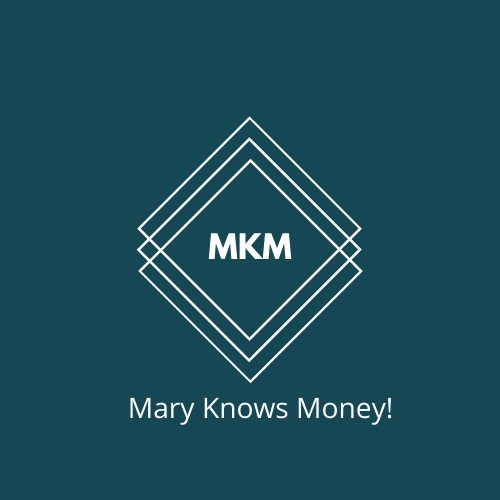A key to managing and making the best financial decisions for teens and college students is understanding “money talk.” That is, understanding the terminology you need to help you make good money decisions.

Teaching financial literacy to kids at an early age really pays benefits later on. They gain skills and knowledge they will use for the rest of their lives. Because the traditional schools don’t teach this important subject, it’s really up to parents to take on this important role. Unfortunately, most parents aren’t equipped to do this, even though they understand the importance of the subject.
Another roadblock to teaching kids the money terms they should know is that there are so many terms. Many parents struggle with where to start and at what age. They also hesitate to discuss money with their children because they think it will cause anxiety for their children – especially if the family is experiencing financial hardships or struggle.

Below is a list of 11 basic financial terms that parents can teach their kids even at an early age. Teens and college students who have some financial understanding can also benefit from this list as a primer or stepping stone to more advanced terms.
- Asset – anything of value (e.g. car) or a resource of value that can be converted into cash.
- Budget – a plan that helps you keep track of your money and how you spend it.
- Savings – money that you put aside to use later (maybe for college or a phone).
- Loan – money that you borrow (maybe for college) and must pay back, usually with interest.
- Taxes – money paid to the government (based on how much you make) for services they administer or deliver (schools, roads, health care) .
- Interest – the basic cost of the money you borrow (loan) OR money you earn when you lend money (maybe from an investment account or bank savings account).
- Investment – an asset (e.g. a house, stocks, savings account) you own that you expect to earn a profit from in the future.
- Credit Card – cards you use to receive goods or services (e.g. shoes, hair cut) now, but pay for them later.
- Debt – money you owe when you borrow it from someone else.
- Gross Pay – the total amount of your pay before deductions and withholding (e.g. taxes, health insurance, social security). Gross pay equals the hours you worked x your hourly pay rate.
- Net Pay – the amount of money you get to “take home” after deductions and withholding from your paycheck. This is the money deposited into your bank account.
Understanding basic financial terms is the first step to becoming financially independent and making smart decisions about money!


